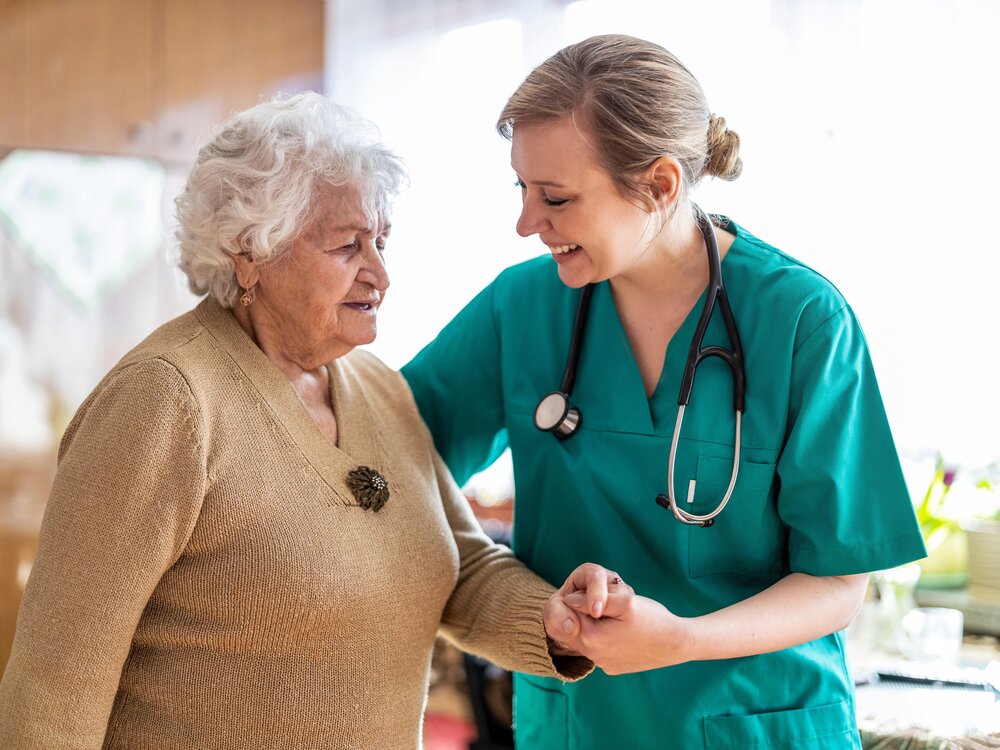CABEI strengthens health care for 5 million senior citizens in Argentina

The US$30.0 million " Health Management Results Program for Senior Citizen Care" will enable the purchase of medicines, equipment for health centers, the completion of the Bicentennial Hospital in Ituzaingó, and the modernization of medical care, among other actions.
Tegucigalpa, August 17, 2021 - The Central American Bank for Economic Integration (CABEI) formalized the first disbursement of US$17.2 million to Argentina's Social Services National Institute for Retirees and Pensioners (INSSJP - PAMI) under the Health Management Results Program for Senior Citizen Care, with the objective of improving the quality of life of 5 million senior citizens, strengthening care and the quality of medical services.
The initiative includes the purchase of medical equipment for the Houssay Hospital in Mar de Plata, the PAMI II Polyclinic in Rosario, and the Bicentennial Hospital in Ituzaingó, the latter also foreseeing the completion of works for its expansion. In addition, the free delivery of medicines related to respiratory pathologies in senior citizens will be financed.
CABEI Executive President, Dante Mossi, emphasized: "We are very excited about the formalization of this first disbursement since this program is of great relevance and will guarantee timely attention, equitable coverage and quality to the affiliated individuals, responding to the population considered to be at greatest risk in the face of the COVID-19 pandemic".
CABEI Director for Argentina and Colombia, Maximiliano Alonso, stated, "This program represents a commitment to the policy of care and the strengthening of public health, a vision that we share with the Argentine State headed by President Alberto Fernández. The project reinforces the collaborative spirit and commitment between CABEI and Argentina to provide a rapid and effective response to the context in which we live.
Within the total population affiliated to INSSJP - PAMI, 91% are persons over 60 years of age, who are considered a risk group for COVID-19. The demand for health services by this sector has increased exceptionally during the pandemic.


![[Translate to English:] [Translate to English:]](/fileadmin/_processed_/e/3/csm_WhatsApp_Image_2024-04-18_at_2.12.23_PM__2__590ef43ade.jpeg)
